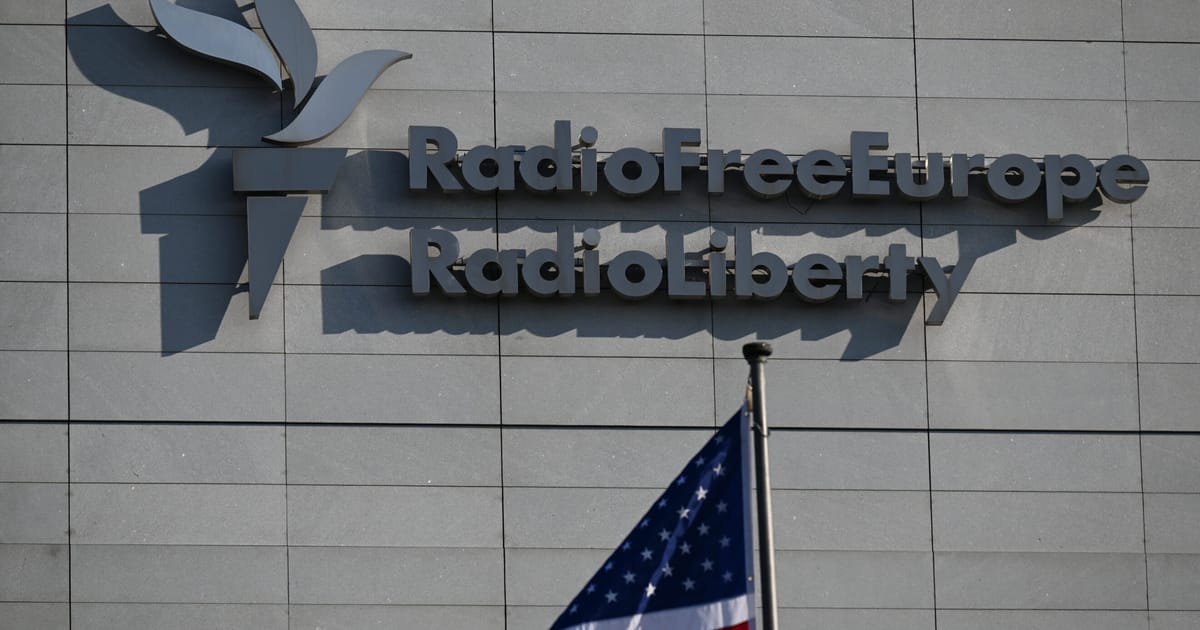

The past week has brought significant developments across multiple regions, shedding light on the evolving political landscapes, changing media dynamics, and strategic infrastructure plans worldwide. These shifts underscore the interplay between local actions and their broader implications on global affairs.
In the realm of journalism, the closure of Al Jazeera in the Balkans marks more than the end of a cherished media outlet. It reflects a broader trend in the media landscape, signaling potential challenges for global democracy. The cessation of operations by such a respected broadcaster raises concerns over the diminishing spaces for independent journalism and the implications this might have on informed public discourse. As legacy media outlets face closures, the role of reliable news sources becomes increasingly critical in sustaining democratic principles and ensuring public accountability.
Turning to East Asia, Japan faces a political turning point as Prime Minister Shigeru Ishiba’s coalition is projected to lose its majority in the upper house, a change that could impact the nation’s political future. The election results, which saw rising support for a right-wing populist party, introduce new complexities for Ishiba’s administration, not only in retaining governmental stability but also in negotiating economic challenges such as impending U.S. tariffs. These developments signify a moment of reflection and potential recalibration for Japan’s political strategies.
Across the Americas, tensions are also present, with the U.S. Secretary of State Marco Rubio taking a contentious step in Brazil’s political saga by revoking visas for several Brazilian judges. This move is part of an escalating effort by the U.S. administration to influence the legal proceedings against former President Jair Bolsonaro. Accused of attempting to retain power through undemocratic means, Bolsonaro’s trial could shape Brazil’s judicial independence and the nation’s democratic integrity. Such international interventions highlight the delicate balance between supporting justice and respecting sovereign legal processes.
In the United Kingdom, the conversation around infrastructure is gaining momentum, particularly with calls to revive the northern leg of the HS2 rail project. Business leaders and manufacturers advocate for this initiative, emphasizing its potential to enhance rail freight capacity, reduce road congestion, and lower emissions. By expanding high-speed rail connectivity to major northern cities like Manchester and Leeds, the project promises to stimulate economic growth and support sustainable transportation goals. This discussion illustrates the critical role of strategic investments in driving long-term economic benefits and environmental sustainability.
Meanwhile, individuals are also making personal shifts in response to global trends. Prominent figures like Ellen DeGeneres have chosen relocation as a form of protest against political climates, citing wider social acceptance and perceived improvements in quality of life abroad. Such personal decisions by public figures reflect broader societal attitudes and the power of individual agency in navigating political landscapes.
Additionally, cultural and lifestyle choices continue to intertwine with political narratives, as seen with U.S. Vice President JD Vance’s preference for a tranquil family holiday in the Cotswolds. This choice reflects a broader trend among leaders to seek out peaceful retreats amid their busy public lives, emphasizing the universal desire for balance and rejuvenation.
These various developments exemplify the ongoing shifts within political, media, and infrastructure domains worldwide. As countries and individuals navigate these changes, the interplay of local actions and global impacts remains a defining feature of contemporary times. Through careful consideration and mindful engagement, societies can continue to adapt to these changes, fostering resilience and sustainable progress.
Source: {link}
